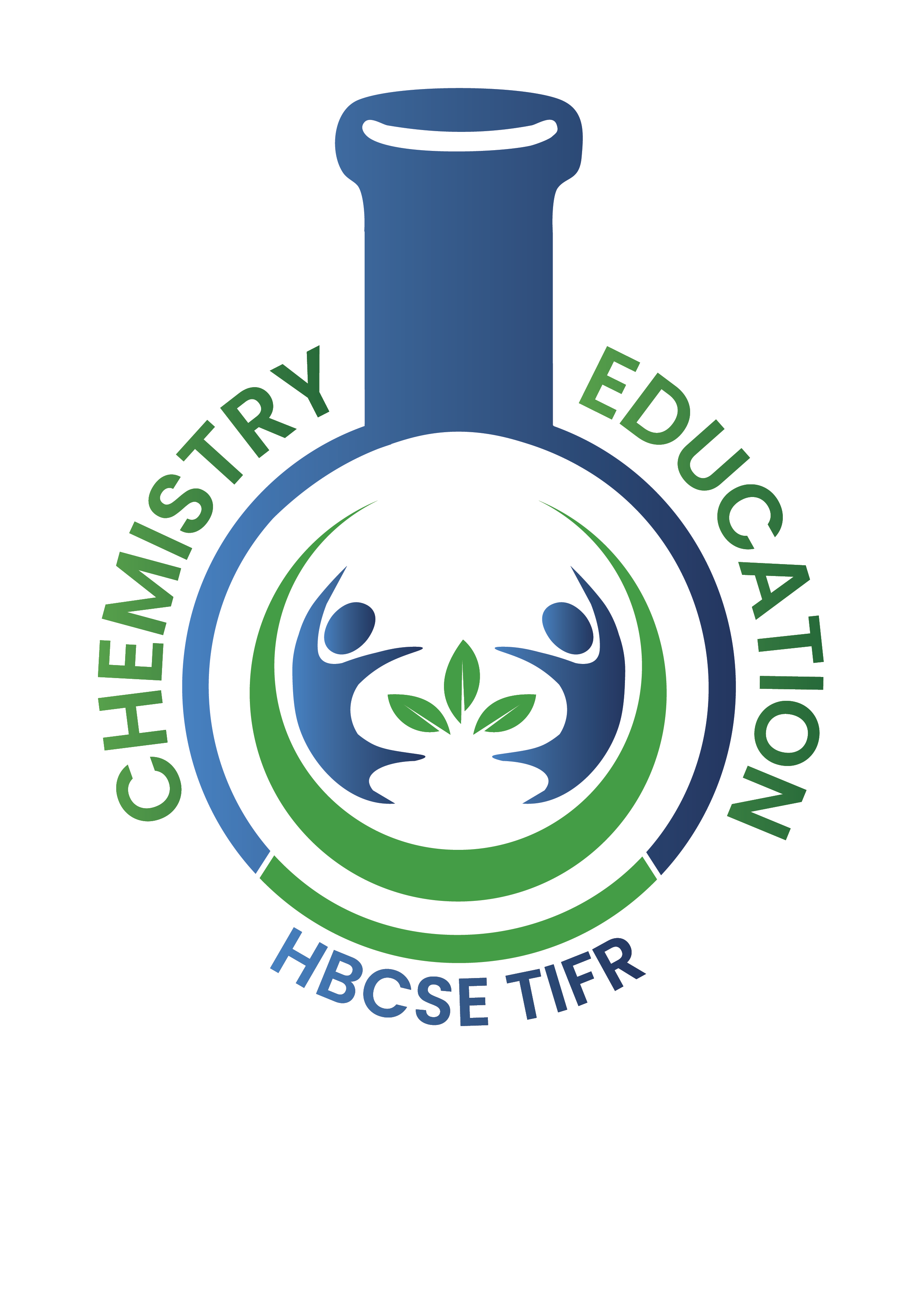Experiments are an integral part of chemistry curricula from school to undergraduate level. At undergraduate level, the laboratory becomes more central to chemistry curricula and significant amount of money, human resources and space is allocated for the same. In terms of assessment, substantial weightage is given to the experimental component.
In Indian context, the experimental domain has received less attention when it comes to modification or revision of the curricula and thus there is a great need to sensitize practicing chemistry teachers about designing experiments/ experimental projects that generate opportunities to understand significance of experimental procedures, role of reagents, the theoretical principles involved, reflection on the generated data etc.
With our engagement with Indian National Chemistry Olympiad (INChO) and National Initiative on Undergraduate Science (NIUS) programmes, we have been engaged with designing unconventional experiments that can be used to generate more opportunities for learning in the chemistry laboratory. While developing such experiments, we pay special attention to a) minimize the technical demands, b) safety, c) standardization of the task w.r.t. variables involved, and d) assessment.
The NIUS experimental research-like1 projects done by first year undergraduate students at HBCSE chemistry laboratory are focused more on learning the chemistry content and general scientific skills like literature review, planning and execution of experimental work, data analysis and evaluation, communicating the work as oral/poster presentations and as written reports.
1.Goedhart, M.J., Finlayson,O.E., & Lindblom-Ylänne, S. (2009). Research–based teaching in higher level chemistry education. In: I.Eilks & B. Byers (Eds.), Innovative methods of teaching and learning chemistry in higher education (pp. 61-84). Cambridge : RSC
Through teachers’ camps, we share our philosophy and insights with teachers with the aim that it helps in changing the current situations in the chemistry laboratories.
